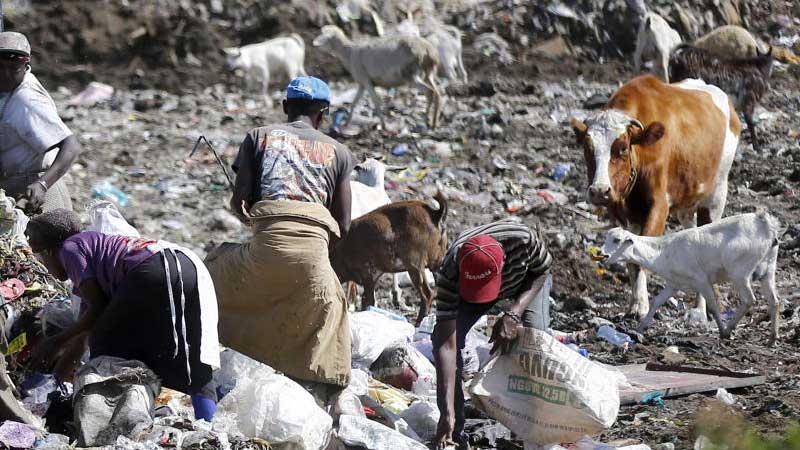×
The Standard e-Paper
Home To Bold Columnists

Counties in the South Rift are struggling to manage rising piles of garbage.
According to county officials, securing land for dumping sites, funding and lack of private partners has made managing solid waste a nightmare.







